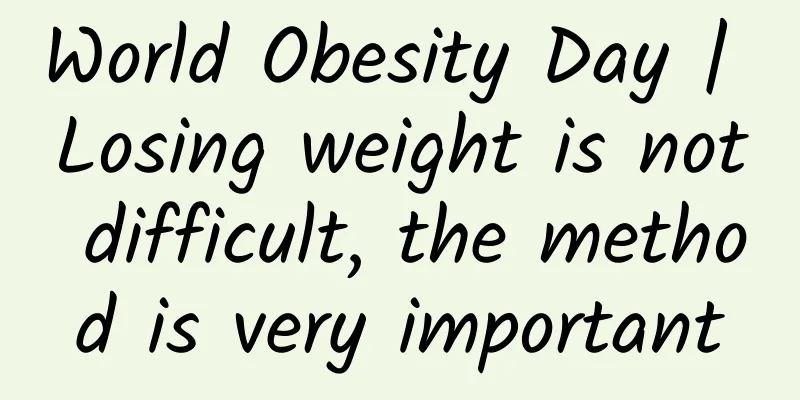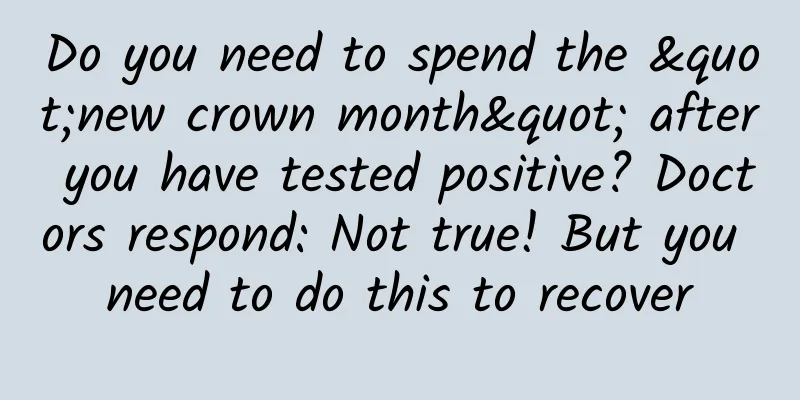Will I feel stomach discomfort during early pregnancy?

|
In the early stages of pregnancy, as the pregnant woman's body secretes hormones, many pregnancy reactions will occur, such as vomiting, diarrhea, physical fatigue, etc. The excessive secretion of estrogen will also affect the stomach, causing certain irritation to the stomach and causing stomach pain. Some pregnant women eat a lot of nutritious food in order to supplement nutrition, which will increase the burden on the stomach and cause symptoms such as bloating and indigestion. Will I feel stomach discomfort during early pregnancy? From the perspective of modern Chinese medicine, pregnant women are prone to stomach bloating during pregnancy, which is related to changes in the pregnant mother's eating habits. Due to the large amount of tonic food during pregnancy, which causes difficulty in digestion, or changes in taste, taking more foods that easily produce gas, etc., it is also easy to cause stomach bloating. From the perspective of Western medicine, during pregnancy, the hormones in the pregnant woman's body change and the progesterone level increases. In particular, although progesterone can inhibit the contraction of the uterine muscles to prevent miscarriage, it will also slow down the body's intestinal peristalsis, causing pregnant mothers to not only feel nausea and vomiting, but also have stomach acid reflux into the esophagus and constipation, which together cause discomfort in the entire gastrointestinal tract. The following are some dietary considerations during pregnancy: 1. Eat more fresh fruits and vegetables to provide pregnant women with the needs of vitamins A, C, calcium and iron. Which fruits and vegetables are good to eat during pregnancy? Fruits and vegetables can be divided into two categories: one with high vitamin C content, and the other with high vitamin A content. Vegetables and fruits high in vitamin C include melon, strawberry, cauliflower and green pepper. How to supplement vitamin A? Two servings of dark yellow fruits and dark green vegetables should be consumed daily, half a cup each, including apricots, melons, carrots, pumpkins, sweet potatoes, spinach, cauliflower and watercress. 2. Eat more whole grains and less refined rice and noodles. Pay attention to this in your diet during pregnancy, because whole grains such as corn and millet contain more vitamin B and protein than rice and noodles. 3. Eat more cereals, peanuts, etc., because these foods contain a lot of easily digestible protein, vitamins B and C, iron and calcium, etc. 4. You can add 1-2 eggs to your diet every day, because eggs are known as "the ideal nutrient bank" and contain almost all the nutrients needed by the human body. Eggs are rich in protein, calcium, phosphorus and various vitamins. 5. Pay more attention to supplementing trace elements, such as zinc, magnesium, iodine, copper, etc. What is good to eat during pregnancy? Animal foods, beans, cereals, and vegetables contain iron, zinc, copper, etc., and seafood contains high levels of iodine. |
<<: Why does a woman bleed black blood from her private parts?
>>: How deep is a woman's vagina?
Recommend
What to do if you don't feel breast engorgement
During the lactation period, pregnant women gener...
Can pregnant women drink passion fruit lemon honey water?
Passion fruit lemon honey lemonade has a sour tas...
The best time for women to remove the ring
The IUD is a long-term contraceptive method with ...
The role of roller work in the rehabilitation training of patients with spinal cord injury
Roller exercise is the most basic exercise in reh...
How long does it take to get pregnant after taking Xiweili?
Xiweili is a complex protein prebiotic, which is ...
Can women wash their hair during menstruation?
A woman's physical condition during menstruat...
How long does emergency contraception pills last?
With the increasingly open-minded ideas in modern...
What Chinese medicine can I take to protect my pregnancy? What are the drug instructions?
To protect the fetus, you must be particularly ca...
Why does a woman bleed the next day after her first time?
A perfect sex life can make the relationship betw...
What is the treatment for premature amenorrhea?
Every female friend needs to protect her own heal...
When is the best time to eat canned fruit? How to open canned fruit easily
The main parts of canned fruit are syrup and frui...
Height and weight standard for three-year-old girl
When a baby is born, his height is not tall and h...
What is the scientific method for treating cystic ovary?
Ovarian cysts are well-known to everyone. This is...

![[Warning] The annoying flying catkins are coming again! Please check this protection guide!](/upload/images/67f1473e08cd8.webp)







